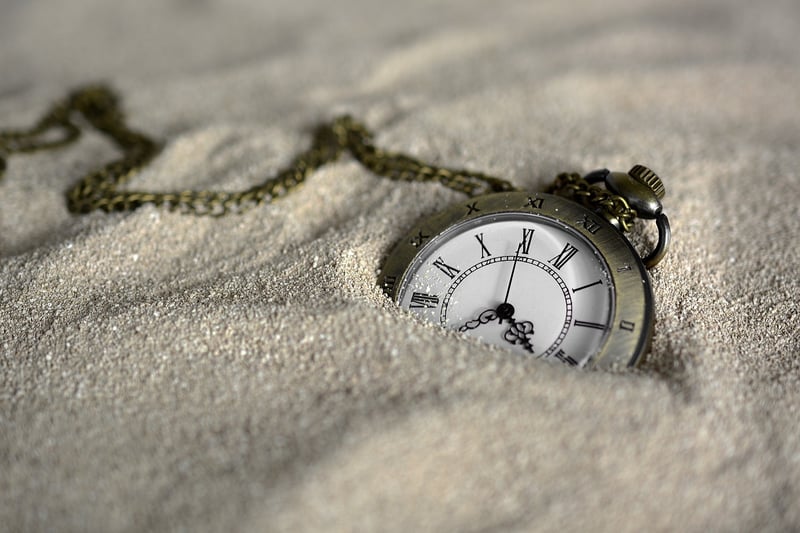Time-Travel Ethics
Embark on Time Journeys: Exploring the Fascinating World of Time Travel

Time travel, a concept that has captured human imagination for centuries, continues to be a popular theme in science fiction, literature, and movies. The idea of journeying through time, witnessing historical events, or exploring the future has intrigued minds and sparked endless debates about its feasibility.
Theories of Time Travel
Several theories exist regarding the possibility of time travel, including Einstein's theory of relativity, wormholes, and parallel universes. While these theories are fascinating, the practicality of time travel remains a subject of scientific inquiry and philosophical contemplation.
Time-Travel Ethics
As we ponder the concept of time travel, ethical considerations come into play. The implications of altering the past or interfering with historical events raise complex moral dilemmas. Should we change the course of history for personal gain, or should we adhere to the principle of non-interference?
Key Ethical Questions:
- Is it ethical to prevent tragedies or alter significant historical events?
- What impact would time travelers have on the present timeline?
- Should time travel be regulated to avoid potential disruptions?
Time Travel in Popular Culture
From H.G. Wells' "The Time Machine" to modern-day movies like "Back to the Future" and "Interstellar," time travel has been a central theme in popular culture. These narratives often explore the consequences of time manipulation and the complexities of altering the past.
Final Thoughts
While the concept of time travel remains a captivating subject of exploration and speculation, the ethical considerations surrounding it remind us of the importance of responsible scientific advancement and the preservation of historical integrity.
Embark on a journey through time, whether through the pages of a book or the screen of a movie, and ponder the mysteries and ethical implications of time travel.

Image sources: Pixabay.com
